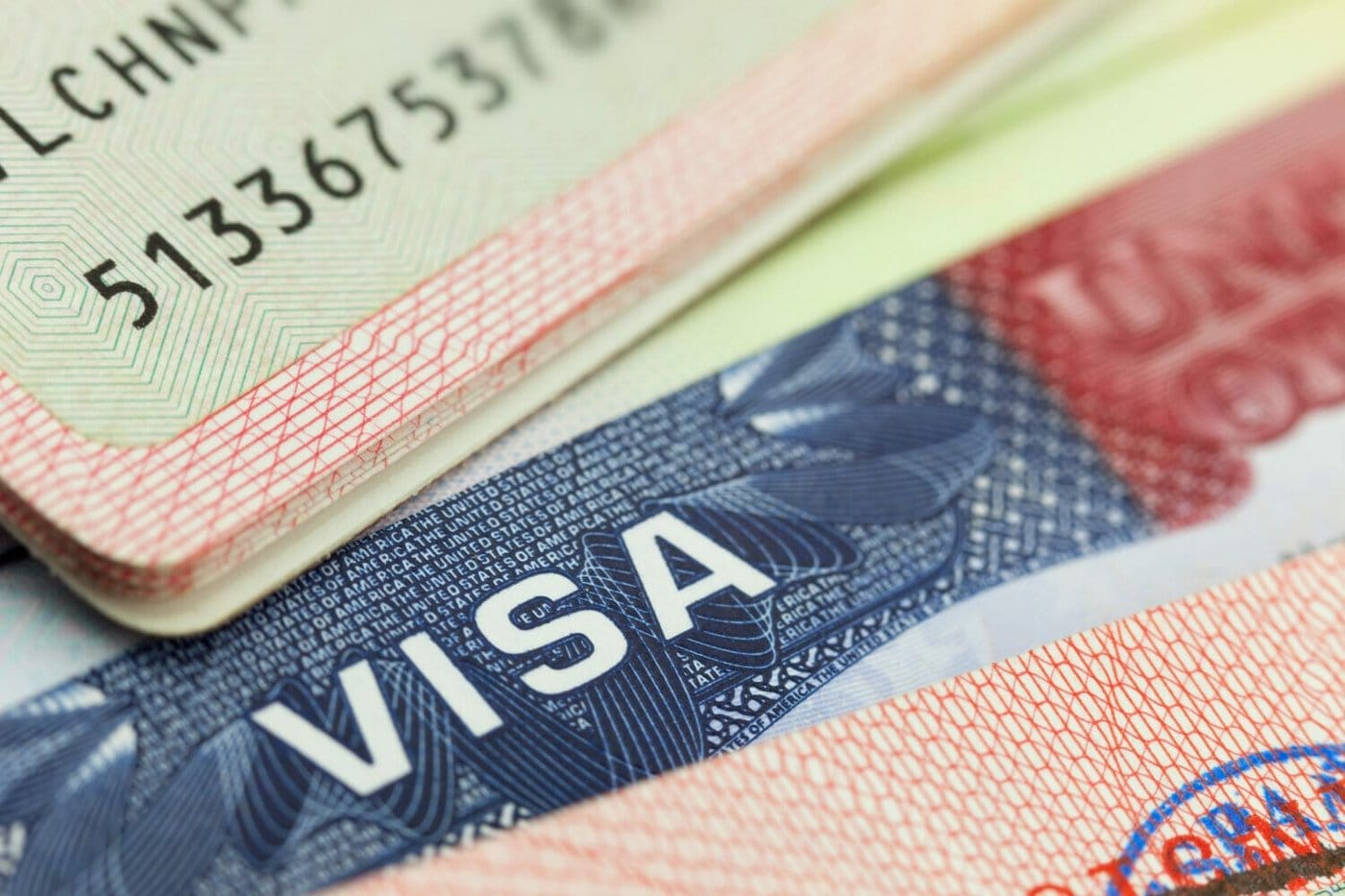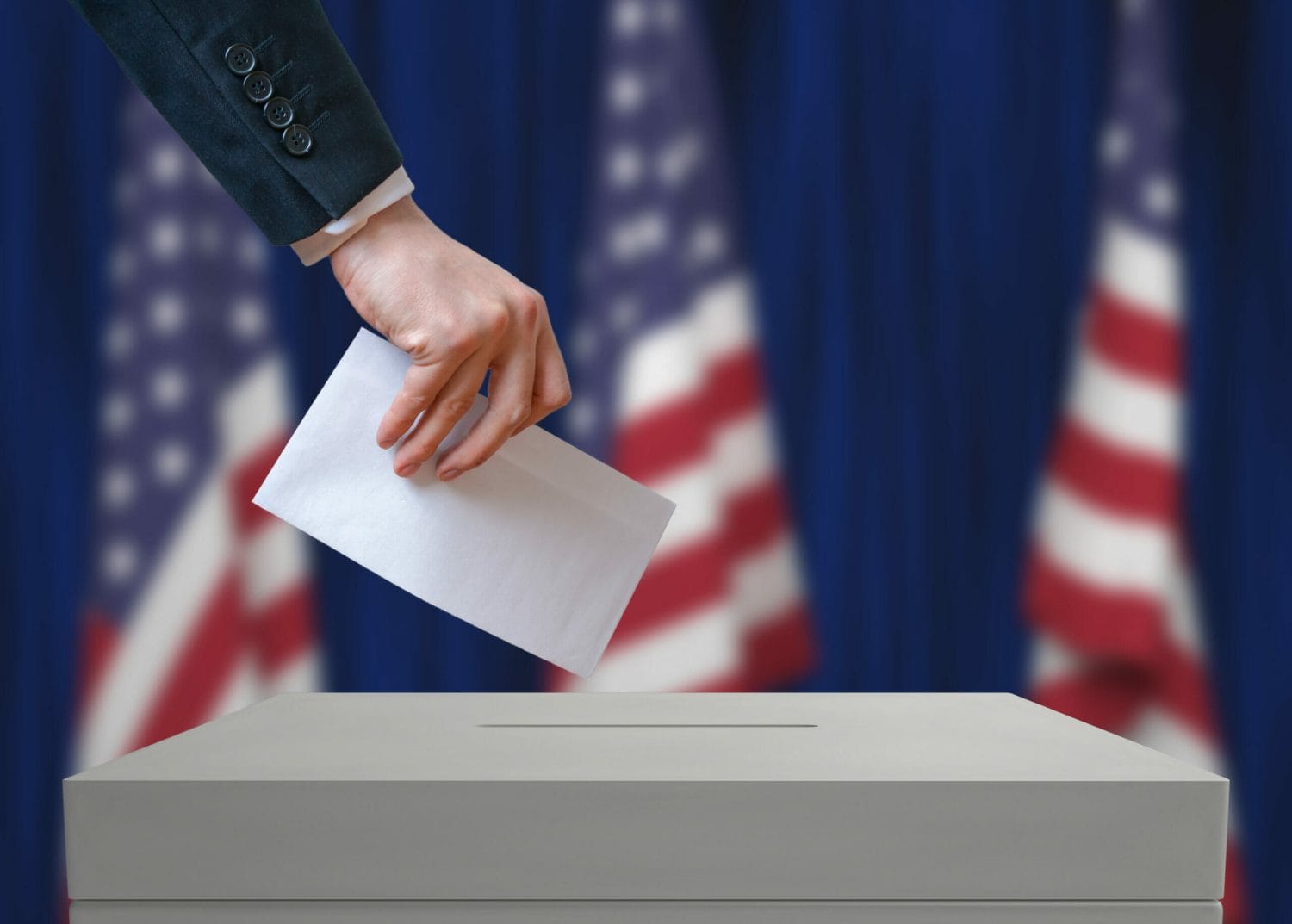The H-1B work visa program is a vital part of the U.S. labor market, connecting global talent with U.S. businesses seeking innovation and competitiveness. Despite its popularity, the H-1B program has long been the subject of debate, with its critics raising concerns about possible abuses and the need for reforms to ensure it aligns with economic priorities and dynamics of the country’s workforce.
Looking ahead, what positive changes can we expect for the H-1B program in 2024 and what challenges should H-1B workers and their employers prepare for in the coming months?
A more digital approach
USCIS has made it a priority to modernize and improve the H-1B program, with several updates coming in 2024 that will make the application process more electronic.
In early January 2024, USCIS announcement launching organizational accounts and filing online forms for H-1B cap seasons. Organizational accounts will allow multiple people within a company, including their legal representatives, to collaborate on tasks such as H-1B registrations and filing forms. In addition to organizational accounts, USCIS announced that it will implement online filing of Form I-129 (Petition for Nonimmigrant Worker) and Form I-907 (Request for Premium Processing Service) in early 2024.
Organizational accounts and online filing of crucial H-1B forms are part of a broader USCIS initiative to digitize the entire H-1B system in the coming years. You can learn more about these upcoming changes here.
Lottery system changes
In 2023, a staggering 781,000 H-1B registrations were recorded, raising questions about potential abuses of the H-1B system and leading many in the industry to push for a process of fairer selection.
In 2024, USCIS will likely explore changes to the current lottery system, including changes to a one entry per person model. This move towards single beneficiaries rather than single registrations would reduce the risks of multiple entries by the same person. Updates to the lottery system could level the playing field and increase opportunities for a wider range of applicants.

Bringing renewal to the United States
The H-1B renewal process could also get a lot simpler in 2024, thanks to the Department of State (DOS) pilot program for H-1B visa renewals in the United States. The program will allow certain H-1B visa holders to renew their visas in the United States, rather than having to travel to their home country to obtain a new visa.
The program represents a significant change in the visa renewal process, providing a simpler approach for certain H-1B holders to maintain their status. Eliminating international travel for visa stamping would reduce the risk of administrative delays abroad, a common problem in the current H-1B system. The program will run from January 29 to April 1, 2024. Learn more in The limitless guide.
Prepare for rising costs
2024 could also bring higher costs to the H-1B program and make it more expensive for U.S. employers to hire H-1B employees in the coming months. In 2023, USCIS released a proposal to increase application fees for almost all visa categories – H-1B visas included. Nearly a year later, the final rule on USCIS fees has cleared White House review, meaning the agency is moving closer to deployment significant changes to its pricing structure.
If the 2023 proposal is finalized, the H-1B Cap Lottery registration fee would increase from $10 to $215. Form I-129 would also increase, from $460 to $780 for H-1B petitions.
Given that it has been eight years since the last fee adjustment, the Administration could expedite the finalization of this rule. This means new fees for the H-1B process could take effect as soon as summer 2024. This is an evolving story that we are monitoring closely. Stay tuned to our USCIS Fee Guide for timely updates.

What a second Trump term could mean
As the presidential election season gathers pace, experts in the business immigration field are beginning to discuss what a potential second term for Donald Trump could mean for the future of the H-1B program.
If re-elected in 2024, Trump has promised a tough crackdown on legal immigration and work visa programs, with new restrictions this could have a significant impact on sponsoring employers and drive foreign talent out of the United States. The H-1B program in particular would be in the crosshairs. Trump’s re-election could mean higher denial rates for H-1B petitions, greater hurdles for foreign-born scientists and engineers interested in U.S. job opportunities, and greater scrutiny the definition of “specialized occupations” for sponsoring employers.
After Trump took office in 2017, denials of first-time H-1B petitions skyrocketed and many existing H-1B holders were forced to leave the country due to complications with the extension of their visa.
Unlimited Tip
If you are a human resources professional or business owner looking to hire international talent, access our business immigration solutions and in-house legal team. here.

